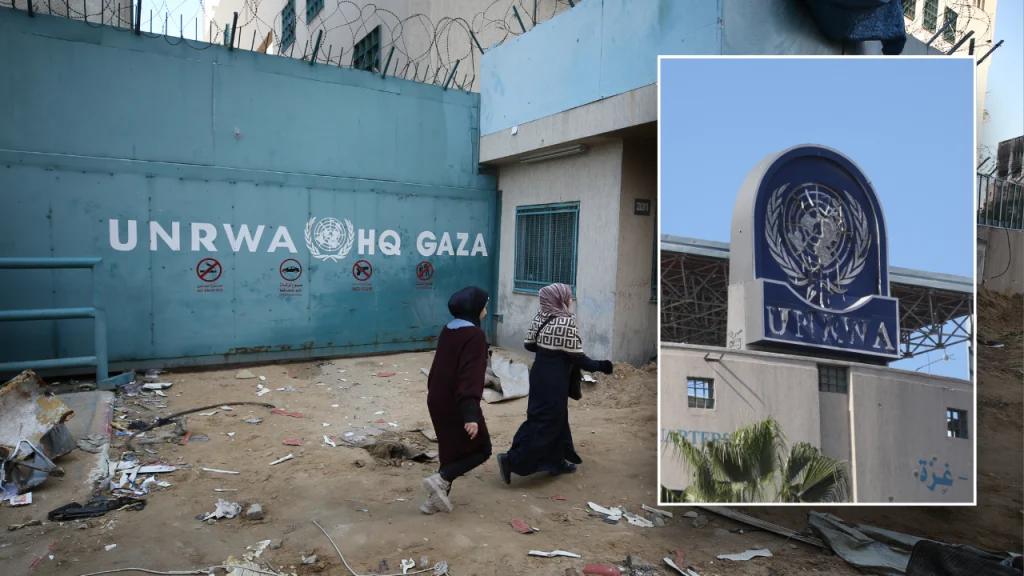A group of Democratic lawmakers is advocating for the restoration of funding to the United Nations Relief and Works Agency for Palestine Refugees in the Near East (UNRWA), which provides essential aid to Palestinian refugees in Gaza. The agency faced accusations that some employees were involved in attacks on Israel on Oct. 7. Democratic Reps. André Carson, Pramila Jayapal, and Jan Schakowsky highlighted the urgent need for funding through the UNRWA Funding Emergency Restoration Act, emphasizing the dire conditions in Gaza, including food scarcity, lack of access to sanitary products and medical services, and high casualty rates. They argued that restoring funding was crucial for helping the people of Gaza.
The UNRWA plays a significant role in providing humanitarian assistance to Palestinian refugees and ensuring their ability to live with dignity. Despite its essential work, the agency has come under scrutiny and attack from those seeking to halt its operations. The U.N. Secretary-General initiated an investigation into allegations by Israel that UNRWA staff members were involved in the Oct. 7 attacks. While nearly 20 staff members were investigated, only nine were found to have enough evidence against them. These allegations led donor countries, including the U.S., to suspend funding, creating a financial shortfall of $450 million. Since then, other donor countries have resumed funding, leaving the U.S. as the only holdout.
Lawmakers supporting the restoration of funding to the UNRWA argue that cutting off support due to the actions of a few employees is unjust, especially when the majority of the agency’s staff is working to provide essential aid to vulnerable populations. They view the decision to withhold funding as endangering the lives of Palestinians who rely on UNRWA for basic needs. The bill, H.R. 9649, has garnered support from 65 co-sponsors and over 100 human rights organizations, emphasizing the importance of humanitarian aid in conflict-affected regions.
However, not everyone agrees with the decision to restore funding to the UNRWA. Anne Bayefsky, Director of the Touro Institute on Human Rights and the Holocaust, and President of Human Rights Voices, argues that supporting the UNRWA sends the wrong message to Israel and undermines efforts to combat terrorism. Bayefsky points to alleged connections between UNRWA employees and terrorist activities, including ties to Palestinian terror organizations and the misuse of UNRWA facilities by Hamas. She contends that the agency has failed to address these issues or prevent them from reoccurring, while continuing to demand more funding.
Bayefsky’s criticism of the UNRWA raises concerns about the agency’s alleged ties to terrorism and the dangerous implications of supporting an organization with these connections. She highlights the need for accountability and prevention measures to address these issues effectively. The debate surrounding the restoration of funding to the UNRWA underscores the complex challenges in providing humanitarian aid in conflict-affected regions and the need to balance assistance with ensuring accountability and preventing misuse of resources for violent purposes. Ultimately, the decision on whether to support H.R. 9649 will require careful consideration of these factors and their implications for peace and stability in the region.














